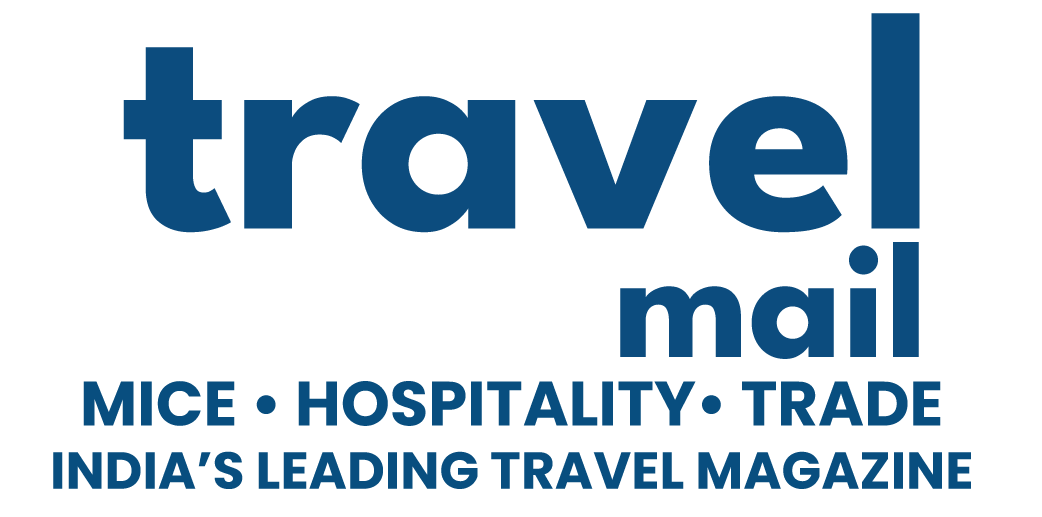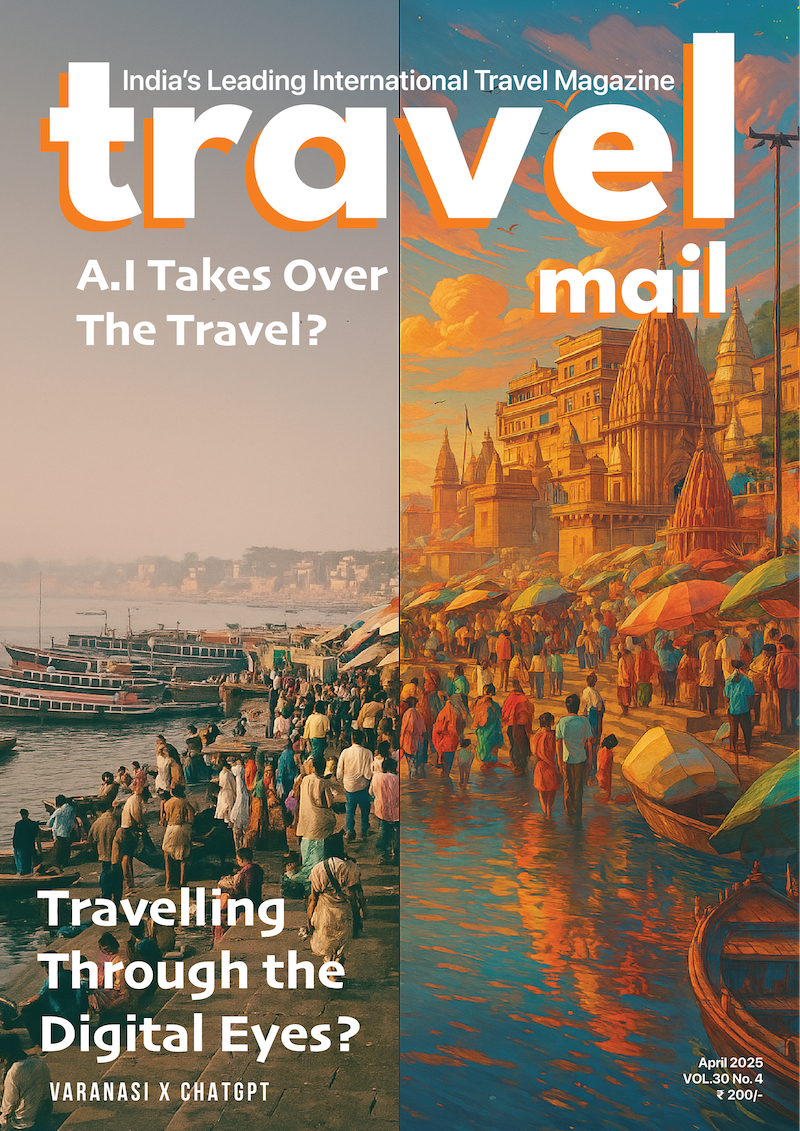By Priyanka Sharma, Associate Director of Revenue, Clarks Exotica Convention Resort and Spa
In today’s hyper-connected world, digital detox vacations are emerging as a significant trend, particularly among solo travellers. This market segment is increasingly contributing to the hospitality industry, driven by a desire for relaxation, personal growth, and meaningful experiences.
The Solo Travel Boom: A Market Snapshot
Since 2018, there has been a noticeable rise in solo travellers, with this segment now contributing 63% to the overall business. Interestingly, a significant portion of this growth comes from women solo travellers seeking “#Me Time”—a journey toward empowerment, self-discovery, and wellness. Their priorities are centred around safety, unique experiences, and relaxation, often with a higher spending capacity compared to their male counterparts, who typically seek adventure, sports, and cost-effective options.
Key Demographics Driving Digital Detox:
● Young Adults (Late Teens to Early 30s): Attracted to adventure and new experiences.
● Middle-aged (30s to 50s): Seeking self-discovery, personal growth, or a change of pace.
● Seniors (60+): Focused on exploring and enjoying serene surroundings.
Why Solo Travelers Opt for Digital Detox
The motivations for solo travel vary across age groups, yet a common theme is freedom and independence:
● Under 55:
○ 84% want to see the world without waiting for others.
○ 68% desire the freedom to do what they want when they want.
○ 57% value the sense of independence.
● 55+:
○ 64% want to travel independently.
○ 57% seek freedom in their travel plans.
○ 43% are interested in meeting new people.
Personal growth is also a key factor, with 42% of younger travellers and 30% of older travellers prioritizing it during their journeys.
Catering to the Digital Detox Market
To meet the growing demand for digital detox vacations, hotels are adopting a range of initiatives that balance digital disconnection with essential services. These offerings include:
● Wellness Programs: Yoga, meditation, and cycling.
● Nature-focused activities: Relaxation and rejuvenation in natural surroundings.
● On-Site Staff Support: Ensuring safety and comfort for solo travellers.
● Appealing Local Cuisine: Enhancing the cultural experience.
Moreover, 95% of solo travellers prefer to book independently through user-friendly online platforms, making it essential for hotels to maintain seamless digital interfaces while offering a disconnect from the digital world once on-site.
Strategic Importance and Future Outlook
The digital detox trend is more than a passing phase. With a projected compound annual growth rate (CAGR) of over 9% from 2024 to 2030, the demand is expected to surge, particularly among solo travellers seeking wellness and personal enrichment. Targeted strategies—such as creating wellness-centric environments, balancing digital disconnection with essential connectivity, and offering personalized experiences—can significantly enhance guest satisfaction and loyalty.
For developing countries and emerging tourist destinations, solo travellers represent a valuable market. Their willingness to explore new regions and embrace unique cultural experiences offers immense opportunities for hotels to capitalize on this trend.
Conclusion
As digital detox vacations continue to evolve, catering to this growing segment will be crucial. By understanding the motivations and preferences of solo travellers, hotels can create tailored experiences that not only meet the needs of these guests but also foster long-term loyalty, ensuring sustainable growth in this burgeoning market.
Read more at Travel Mail | Follow us on Facebook | Twitter | and Instagram for on-the-go news


